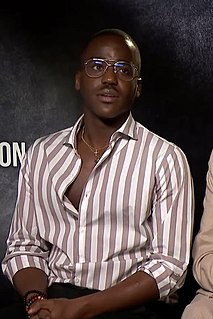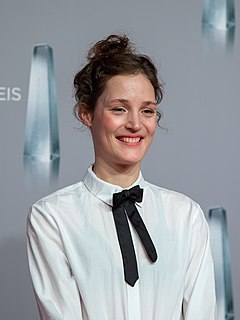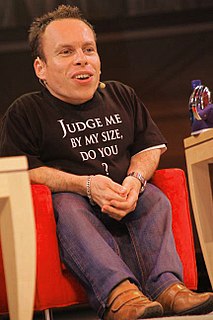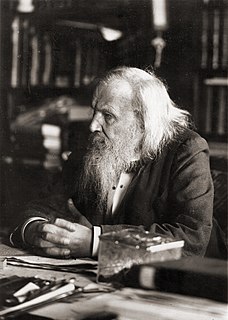A Quote by Colleen Atwood
The right costume determines the character, helps the actor feel who he is, and serves the story.
Related Quotes
I design for the movie and the character as well as the person wearing the costume. I show the ideas to the actor, then do fittings for shape and technical things such as movement in the costume. Once the costume in this form is on the actor, you have a sense of their connection with it. I then take it to the next level with the final fit.
For me, the costume is very important. More the feel of it than the look of it. I take it more from the inside. So if I wear something that's heavy, it will affect my character. Is it very tight, and do I feel almost imprisoned, or is it very comfortable? It's the feeling of the costume that tells me where to go with the character.
Costume is always an asset. Normal costume you have a lot to say about - if you're wearing suits or ties, and what color you want, and how it's going to be cut, and stuff like that, and whether or not you're going to wear a hat, and blah, blah, blah. But, when you're wearing a special costume, and of course, costume is probably the second ingredient in character, script being first, I always find that the costume does a lot to cement your character, to put it firmly in mind.
I wanted to create a believable feeling for 18th Century reality in the Perfume: The Story Of A Murderer. I didn't want this typical film feel of strange people in strange costumes, not really knowing what to do or how to move. If you put an 18th Century costume on Alan Rickman, it looks like he's been wearing it forever because he inhabits the stuff. He is a character that can really travel in time as an actor and transform into this 18th Century person with seemingly no effort.







































